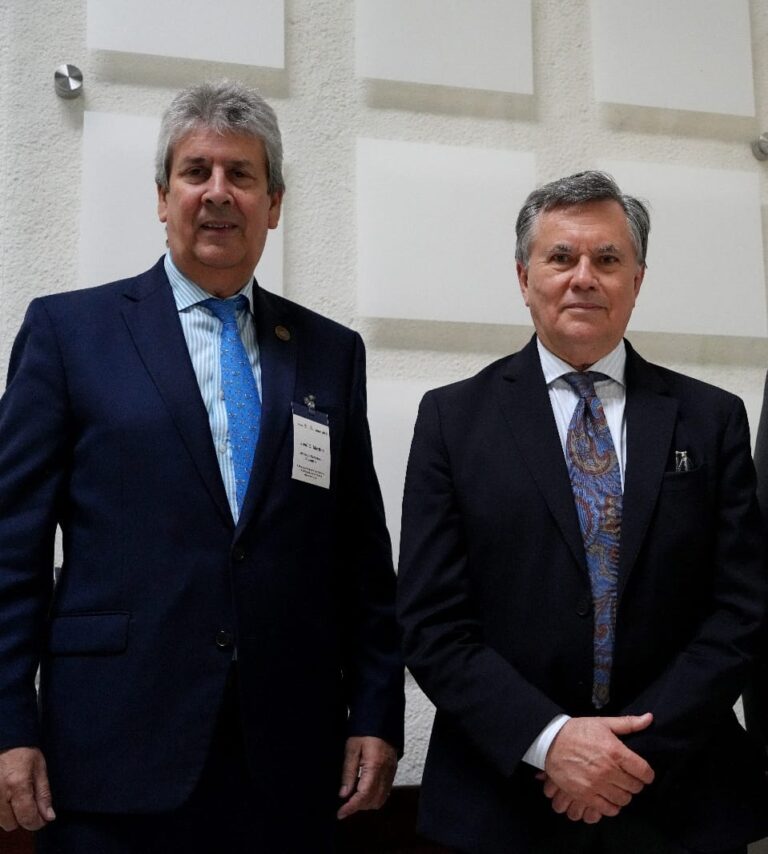Otero met in Brasilia with the new ministers of Agriculture; Agrarian Development; Social Development; Finance; Science and Technology; and Integration and Regional Development, as well as with the Secretary General of the Ministry of Foreign Affairs and the Deputy Minister of the Environment. In all of these discussions, he laid the foundation for increased collaboration between the specialized organization for agricultural and rural development and the new government of Brazil.
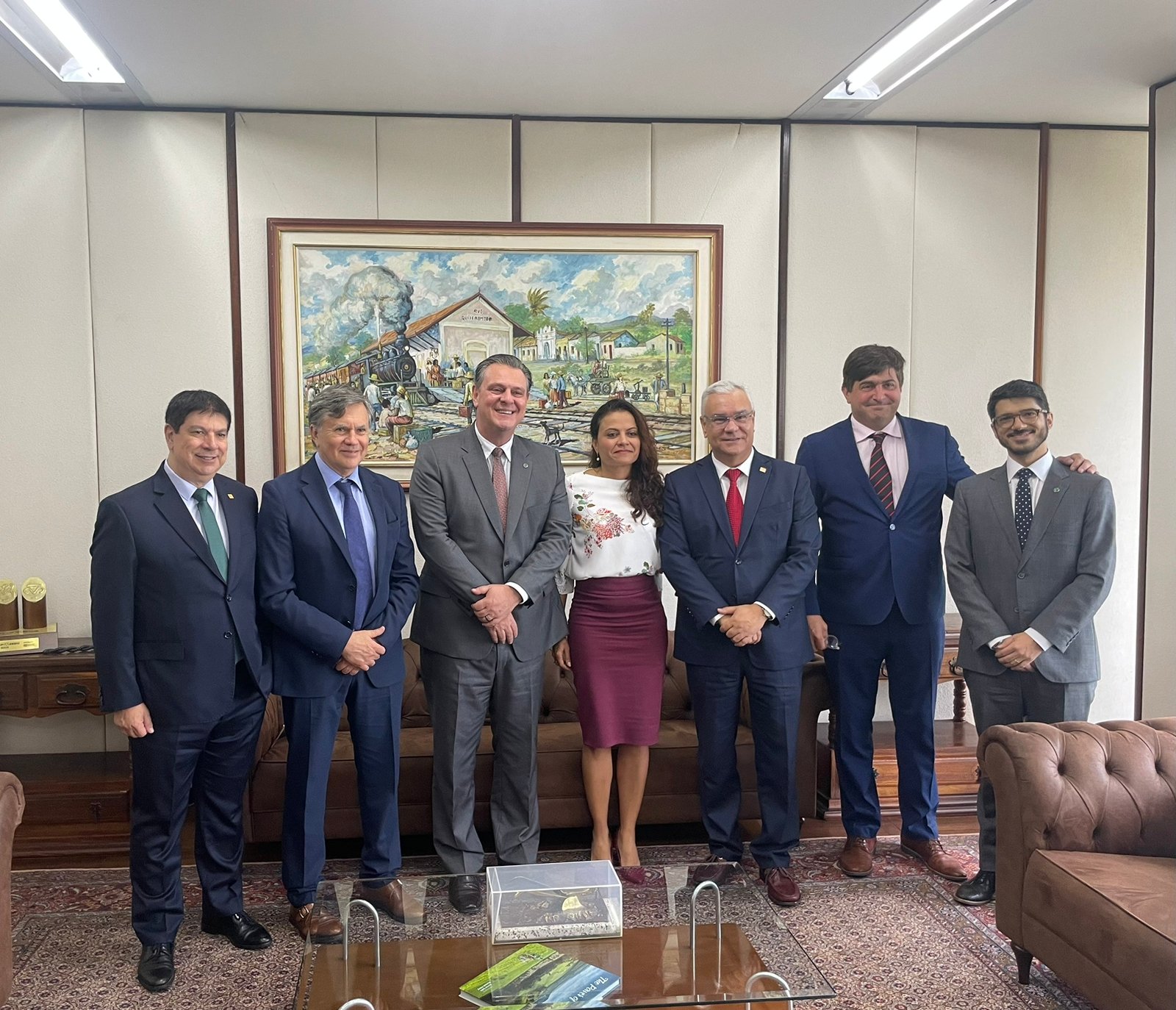
Brasilia, 31 January 2023 (IICA) – On a visit to Brazil, Manuel Otero, Director General of the Inter-American Institute for Cooperation on Agriculture (IICA), conveyed the hemispheric organization’s full support for the candidacy of Brazil’s Amazonian city, Belem, as the venue of COP30. In meetings with Brazilian ministers and high-level authorities, Otero also expressed solidarity with and support for assistance to the Yanomami indigenous community, which has been experiencing increased deaths due to malnutrition and malaria in the remote northern areas of the country.
Otero met in Brasilia with the new ministers of Agriculture; Agrarian Development; Social Development; Finance; Science and Technology; and Integration and Regional Development, as well as with the Secretary General of the Ministry of Foreign Affairs and the Deputy Minister of the Environment. In all of these discussions, he laid the foundation for increased collaboration between the specialized organization for agricultural and rural development and the new government of Brazil.
The IICA Director General addressed various issues during the meetings with the eight ministries, including natural resource conservation; the strengthening of national science and innovation systems to boost production, while reducing the impact on the environment; the empowerment of rural communities; the critical balance between productivity and the environment; and a new generation of public policies with a gender perspective.
Accompanied by the local IICA Representative, Gabriel Delgado, Otero met for the first time with Brazil’s new Minister of Agriculture and Livestock, Carlos Fávaro, with whom he discussed deepening the collaboration between the Institute and the new government of President Luiz Inácio Lula da Silva, by strengthening the Brazilian agribusiness profile, with an emphasis on environmental aspects.
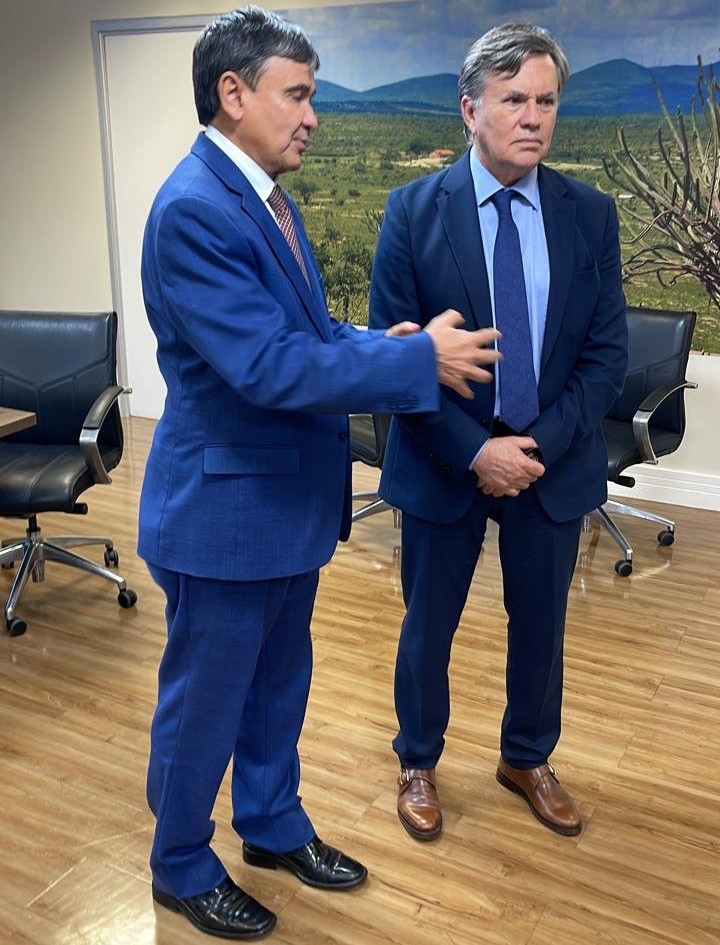
Also discussed were issues such as the restoration of degraded pastures under the ABC Plus program, as well as new opportunities and cooperation initiatives.
Otero remarked that, “We believe that this new Brazilian administration is extremely receptive to IICA’s work—considering our hemispheric, regional and local dimensions, and our future projection—and we are confident that these different facets offer tremendous opportunities to support the proposed agenda of the new government of Brazil”.
“We see this government as one that is determined to restore the image of a country committed to sustainable development, social inclusion, environmental protection and international cooperation – a model in which agriculture must play a fundamental role”, he added.
The IICA Director General and his Special Advisor, Jorge Werthein, in meeting with the Minister of Social Development, Wellington Dias, spoke about international experiences that would be useful for a country of Brazil’s size and about food assistance programs to contribute to reducing high levels of hunger and food insecurity in this, the largest country in Latin America.
At the end of the meeting, Minister Dias remarked that, “Brazil and the Ministry of Social Development consider IICA to be an important partner, in this instance, focusing on the area of agriculture, evaluation, monitoring and support. IICA is also partnering with other ministries. We must all work together to access research and information and to undertake initiatives that will create an impact, for example, the installation of water tanks. We must collaborate at the State and the community level, integrating social, environmental and economic aspects. President Lula wants to adopt this approach to ensure that we can produce good results”.
On the other hand, Otero maintained that, “IICA pledges its support for the work of the Ministry of Social Development and for the administration of President Lula. Without water, there is no agriculture and without agriculture, there can be no sustainable development. Also, we must always seek to ensure a greater role for vulnerable groups in rural areas. That is why we are launching a project with Minister Dias”.
He also expressed concern about the situation of the Yanomami people, in the state of Roraima, bordering Venezuela and Guyana. An increase in malnutrition- and malaria-related deaths on the Yanomami reserve has prompted the Brazilian government to declare a health emergency in this northern district.
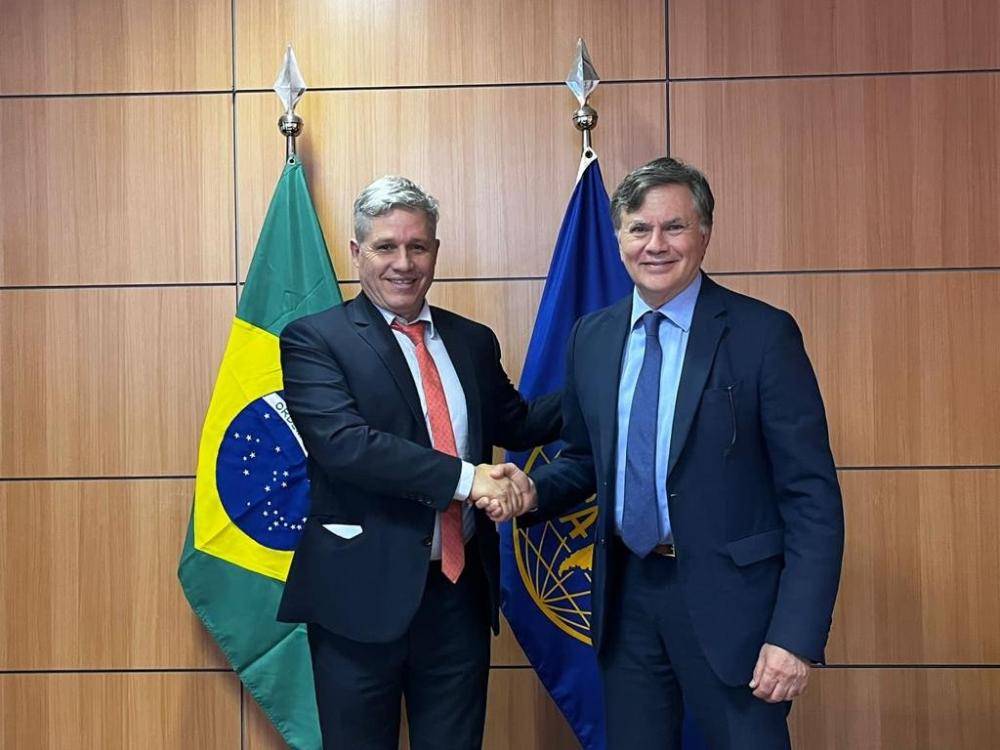
The Minister of Agrarian Development, Paulo Teixeira, and his team, met with Otero at the restructured ministry, to which IICA will provide support in institutional development. The conversation stressed the importance of family farmers and vulnerable groups in the transition towards more environmentally friendly agriculture; and discussed the possible role of the Institute as a major sounding board at the hemispheric level to drive a new generation of public policies to empower these sectors. They also spoke about building bridges with other nations.
Minister of Finance, Fernando Haddad, also held a meeting with Otero, addressing the fertilizer crisis in the region, among other issues, and reviewing processes to integrate trade, within a context of friendship, dialogue, receptiveness and trust.
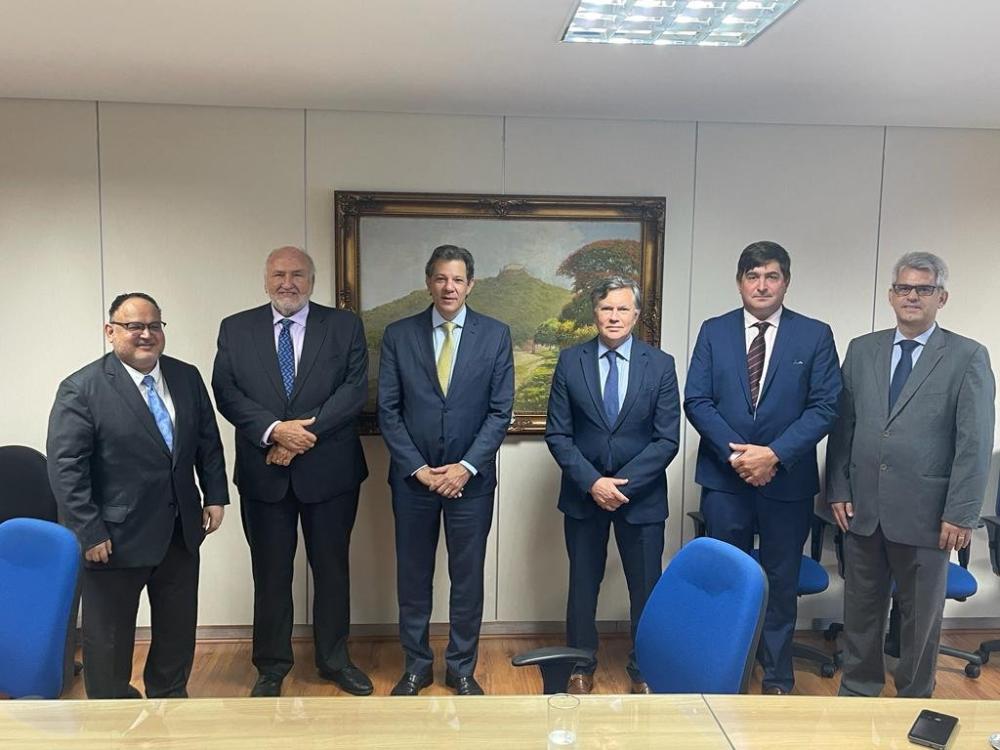
With the Minister of Science and Technology, Luciana Santos, Otero touched on the role that knowledge-intensive agriculture plays in conservation and food security, as well as its key importance in opening doors to new and more opportunities for small farmers. Also discussed was the critical value of the bioeconomy within the framework of the new knowledge frontier. IICA stands to make relevant contributions in all of these areas.
On the other hand, in speaking with Minister Waldez Góes—who heads the Integration and Regional Development portfolio, which is one with which IICA has a long-standing cooperation relationship—Otero discussed increased collaboration, in particular in relation to water resources, specifically in the Amazon, the northeast region and in border areas.
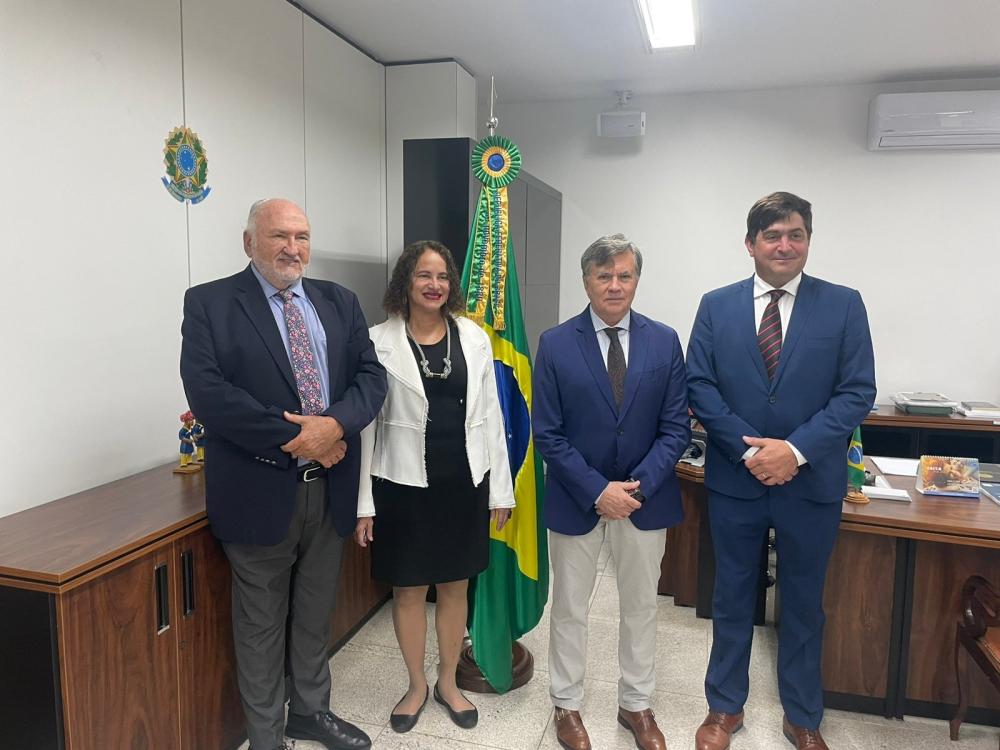
Meeting with Deputy Ministers
Otero also met with the Executive Secretary (Deputy Minister) of the Ministry of the Environment and Climate Change, Joao Paulo Capobianco, and the General Secretary (Deputy Minister) of the Ministry of Foreign Affairs, María Laura Da Rocha.
Otero briefed Capobianco on Living Soils of the Americas – an international coalition that is tackling the degradation of this resource, which is fundamental to health and life. The program is co-led by the Carbon Management and Sequestration Center (CMASC), headed by decorated scientist and 2020 World Food Prize laureate, Rattan Lal.
The meeting also discussed IICA’s wholehearted support for efforts to curb deforestation in the Amazon and to search for new development alternatives in a region that houses the world’s largest tropical forest. Here again, emphasis was placed on the importance of the bioeconomy
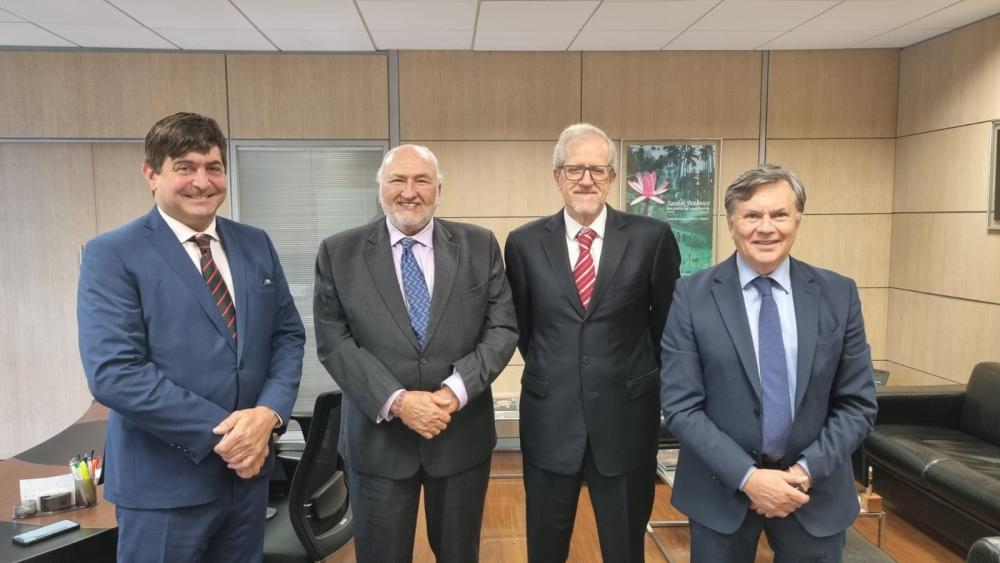
Moreover, the IICA Director General informed Capobianco that IICA fully endorsed the candidacy of the Amazonian city, Belem, to be the venue of COP30, slated to take place in 2025.
Otero also explained IICA’s work in the recent COP27 meeting—where the Institute, its Member States and international partners ensured that the voice of Sustainable Agriculture was heard, demonstrating how agriculture in the hemisphere is resilient to climate change and can provide other agrifood systems throughout the world with examples of mitigation and adaptation.
With the Deputy Minister of Foreign Affairs, Otero spoke of IICA’s commitments to regional integration. He also invited the Secretary General of Itamaraty to be a speaker at the upcoming Forum of Female Ministers, Deputy Ministers and High-level Officials of Agriculture of the Americas, which is a forum to discuss the region’s priorities and policies on agrifood systems, with a gender focus.
More information:
Institutional Communication Division.
comunicacion.institucional@iica.int



